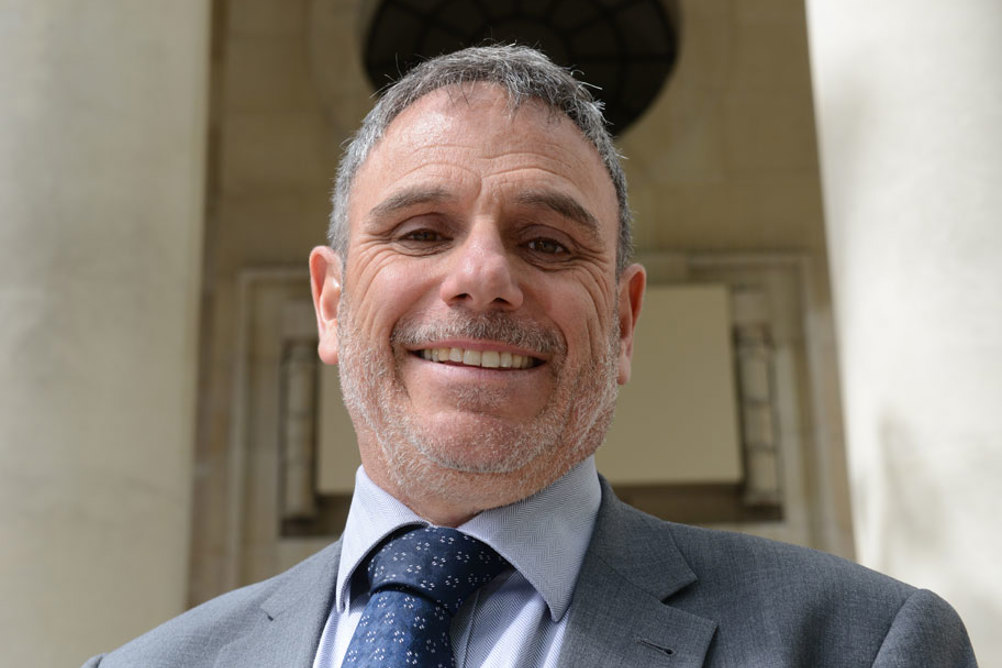about early years settings, Nursery World can exclusively reveal.

The move is a direct response to discussions with the sector during feedback from the Ofsted Big Conversation.
In an exclusive interview with Nursery World, Nick Hudson, Ofsted's director, early years, said the pilot was spurred by messages it received when talking to providers.
The pilot is the second stage of action that Ofsted is taking to look at how to change the way it responds to complaints and streamline the process - whether that is a complaint about the inspection system or complaints about a provider that triggers an action by the inspecting body.
It follows the decision in February that Ofsted will no longer automatically carry out a full inspection following a compliance investigation.
Register now to continue reading
Thank you for visiting Nursery World and making use of our archive of more than 35,000 expert features, subject guides, case studies and policy updates. Why not register today and enjoy the following great benefits:
What's included
-
Free access to 4 subscriber-only articles per month
-
Unlimited access to news and opinion
-
Email newsletter providing activity ideas, best practice and breaking news
Already have an account? Sign in here









